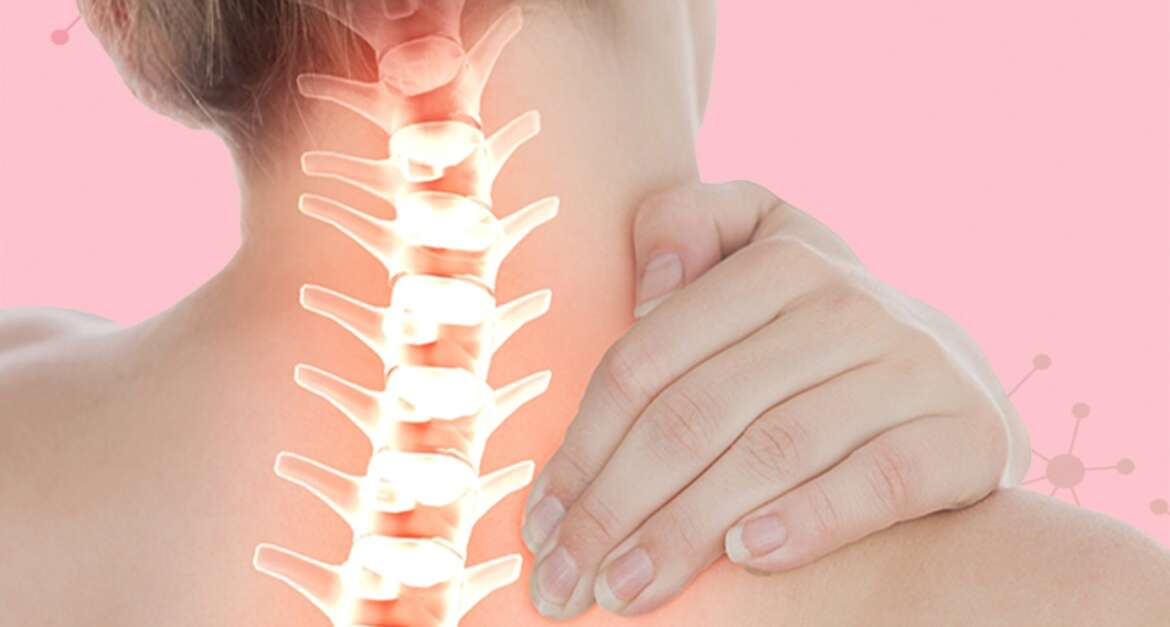Common complaints of neck pain include stiffness and pain in the neck. It is easy to strain neck muscles by poor posture – whether you’re hunching over your workbench or leaning over your computer. Pain in the neck can also be caused by osteoarthritis.
Pain in the neck is rarely a symptom of a more severe condition. Whenever you experience neck pain along with numbness or weakness in your arms or hands, or if you feel a shooting pain in your shoulder or down your arm, consult a doctor.
Symptoms
The following symptoms may be experienced:
- Headaches that can be made worse by holding your head in one place for an extended period of time, such as when driving or working at the computer
- Tight muscles and spasms
- that limit movement of your head
- Causes headache
Causes
Considering how flexible the neck is and supports your head, it is susceptible to injuries and conditions that cause pain and hinder movement. Some of the leading neck pain causes are:
- Diseases
- Injuries
- Worn joints
- Muscle strains
- Nerve compression
Prevention
The most common causes of neck pain are poor posture and age-related wear and tear. Maintain a correct posture by keeping your head centered above your spine. Make some simple alterations to your daily routine to aid in this. For instance, you may consider:
- Be sure your posture is good
- Stop frequently to rest
- Rearrange your computer, chair, and desk at your convenience
- If possible, avoid tucking devices under the desk
- Smokers are advised not to smoke
- Be careful about carrying heavy bags
- Properly position yourself while sleeping
Diagnosis
The doctor will examine after he takes your medical history. In addition to finding tenderness, numbness, and weakness in your muscles, your doctor will determine how far your head can be moved forward and backward as well as to the left and right.
Imaging tests
Your doctor could order an imaging test to help determine the source of your neck pain. Among the possibilities are:
- X-rays
- CT scan.
- M.R.I.
X-rays and M.R.I.s of your neck can reveal structural problems even if your symptoms aren’t present. A thorough history and physical exam are most effective to determine the cause of your pain, rather than imaging studies alone.
Other tests
- Blood tests
- Electromyography (E.M.G.)

